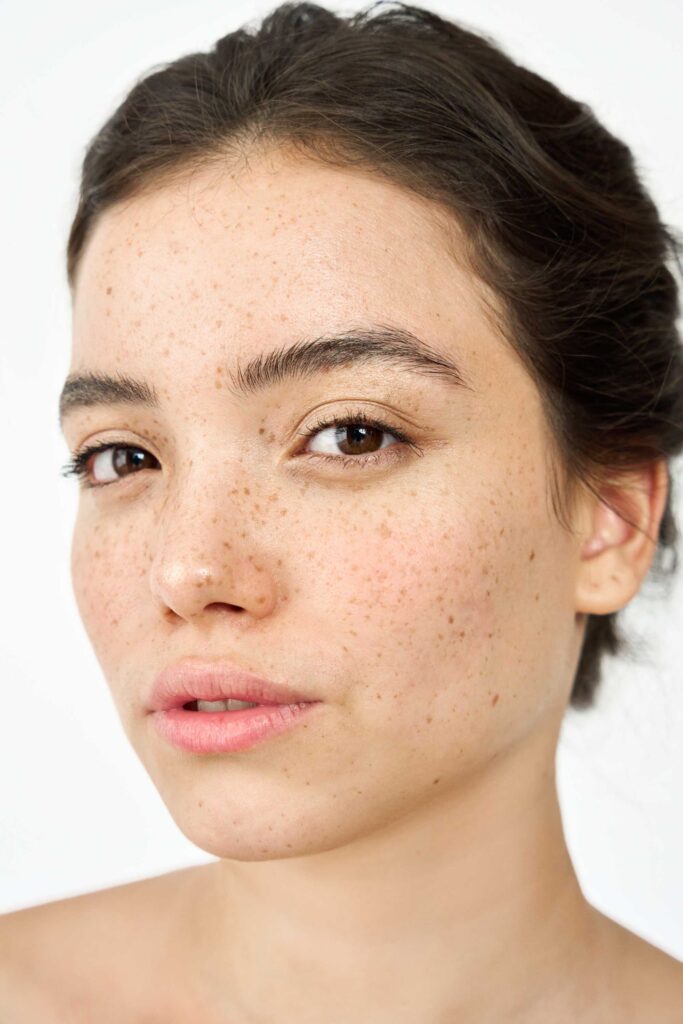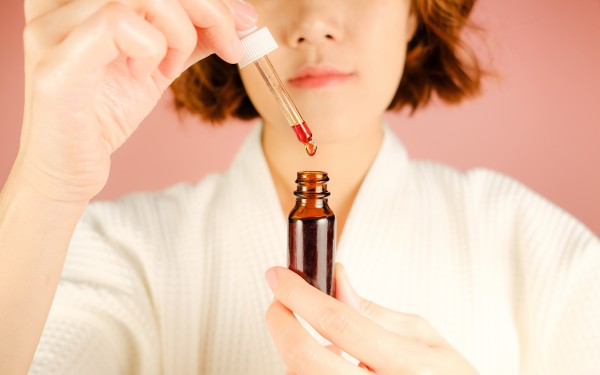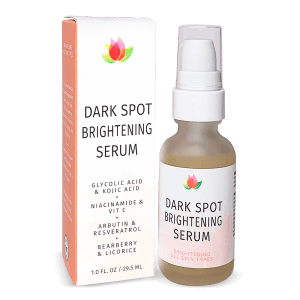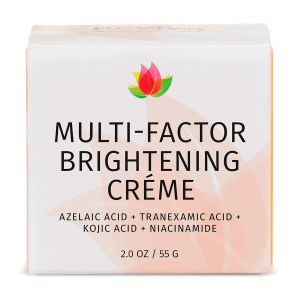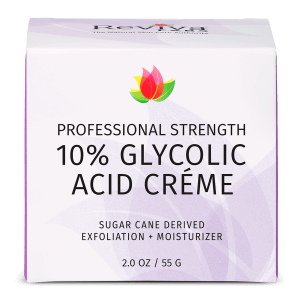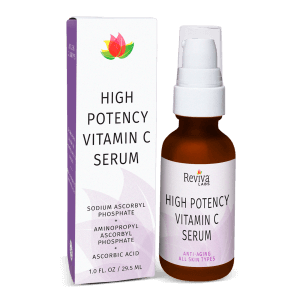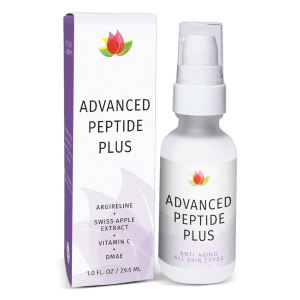Reviva Labs, Skin Care
Aging and Skincare Concerns That Demand Your Attention
Aging is a privilege, but it’s no secret that our skin often tells the tale of our years. Wrinkles, dark spots, and sagging skin can seem inevitable. Yet did you know that nearly 60% of women over 50 express dissatisfaction with their skin’s appearance, according to a study published in Dermatologic Therapy? Aging skin is a natural part of life, but understanding why these changes happen can empower us to take meaningful action. Let’s explore the science, common concerns, and actionable steps to keep your skin healthy and radiant for years to come.
The Science of Aging Skin
As we age, the structure of our skin undergoes profound changes. Collagen production declines by about 1% every year after our mid-20s. Elastin, the protein responsible for skin’s elasticity, also diminishes, leading to sagging and fine lines. Beyond these structural changes, cell turnover slows, which dulls the skin’s natural glow and makes it less resilient to environmental stressors.
Hormonal shifts, particularly during menopause, exacerbate these changes. Reduced estrogen levels can lead to thinner skin, increased dryness, and a weakened skin barrier. Pair that with years of cumulative sun exposure, pollution, and lifestyle factors, and the result is an intricate tapestry of aging-related skin concerns.
Fine Lines and Wrinkles
One of the most common signs of aging, wrinkles are caused by the gradual breakdown of collagen and elastin fibers. Factors like sun exposure, repetitive facial expressions, and even sleeping positions can accelerate their formation. But here’s the silver lining: wrinkles don’t have to be a permanent marker of your years.
Topical treatments rich in retinoids can encourage collagen production and smooth out fine lines. Regular use of sunscreen prevents UV damage, one of the leading causes of premature wrinkles. And don’t underestimate the power of hydration—plump, moisturized skin naturally appears smoother and healthier.
Dryness and Dehydration
As oil production slows with age, many people find their skin becoming drier and more prone to flaking. This dryness isn’t just a matter of comfort; it can also make wrinkles and other imperfections more noticeable.
To combat dryness, focus on replenishing your skin’s moisture barrier. Hyaluronic acid, known for holding up to 1,000 times its weight in water, can be a game-changer for hydration. Ceramides, another powerhouse ingredient, help restore the skin barrier and lock in moisture. For a luxurious touch, consider incorporating nourishing oils like squalane or jojoba into your routine.
Age Spots and Uneven Skin Tone
Also known as hyperpigmentation, age spots occur due to a lifetime of sun exposure. UV rays trigger the production of melanin, the pigment responsible for our skin color. Over time, this process can lead to clusters of darker pigmentation.
Brightening ingredients like vitamin C and niacinamide can help fade these spots by inhibiting melanin production. Pair these with consistent exfoliation using alpha hydroxy acids (AHAs) to reveal fresh, even-toned skin. And let’s not forget daily sunscreen use is non-negotiable to prevent further pigmentation issues.
Loss of Firmness and Elasticity
Sagging skin can feel like one of the most disheartening aspects of aging. The loss of firmness is primarily due to reduced collagen and elastin levels, but lifestyle factors like smoking and poor diet can accelerate the process.
To address sagging, look for products containing peptides, which act as building blocks for collagen production. Incorporating facial massage into your routine can also stimulate circulation and enhance skin’s natural firmness over time.
Enlarged Pores and Texture Changes
Many people notice their pores appearing larger as they age. This is often due to reduced elasticity, which causes pores to stretch. Changes in texture, such as rough patches or dullness, can further emphasize these concerns.
Gentle exfoliation is key to smoothing out texture and reducing the appearance of pores. Salicylic acid, a beta hydroxy acid (BHA), can penetrate deeply to clean out pores and refine their look. Regular exfoliation also boosts cell turnover, helping your skin look fresher and more vibrant.
Redness and Sensitivity
Aging skin often becomes more sensitive due to a weakened moisture barrier and thinning epidermis. This increased sensitivity can manifest as redness, irritation, or even conditions like rosacea.
To soothe reactive skin, prioritize products with calming ingredients like aloe vera, centella asiatica, and colloidal oatmeal. Avoid harsh cleansers and over-exfoliation, which can exacerbate irritation. Instead, opt for gentle, pH-balanced formulas that cleanse without stripping your skin.
What You Eat Shows on Your Skin
Skincare isn’t just about what you put on your skin—it’s also about what you put into your body. Diets rich in antioxidants, such as vitamin C and E, can combat free radical damage and promote a youthful glow. Omega-3 fatty acids, found in fish and flaxseed, help maintain the skin’s lipid barrier, reducing dryness and inflammation.
Hydration is equally important. Drinking enough water ensures that your skin cells remain plump and elastic. And let’s not forget the importance of reducing sugar intake, as high sugar levels can accelerate the breakdown of collagen and elastin.
Sleep and Stress: The Silent Agers
Chronic stress and inadequate sleep can wreak havoc on your skin. Stress increases cortisol levels, which break down collagen and trigger inflammation. Poor sleep, on the other hand, impairs the skin’s natural repair process, leading to a dull, tired complexion.
Prioritizing rest and stress management can have a noticeable impact. Incorporate relaxation techniques like yoga or meditation into your daily routine. And aim for 7-8 hours of quality sleep each night to allow your skin the time it needs to rejuvenate.
Embrace the Journey
Aging skin is a natural part of life, and it’s nothing to fear. By staying informed and proactive, you can navigate these changes with confidence. Skincare isn’t about erasing every line or imperfection—it’s about honoring the story your skin tells while giving it the care it deserves. Remember, your skin is as unique as you are, and with a little attention and the right products, you can age with grace and glow.



